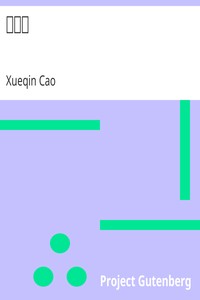| Summary |
"紅樓夢" by Xueqin Cao is a classic Chinese novel written in the 18th century. The book intricately explores the lives of the wealthy Jia family against the backdrop of the declining imperial society, focusing on themes of love, fate, and the transient nature of life. The narrative introduces various characters, notably the central figure, Jia Baoyu, whose relationships and experiences form the crux of the tale. As the story unfolds, it delves into the complexity of human emotions and social expectations, making it a rich exploration of both personal and societal dilemmas. The opening of "紅樓夢" establishes a mystical premise, where the protagonist, known initially as 甄士隱 (Zhen Shiyin), engages in a dream involving spiritual beings, which leads him to ponder the fate of the world and the characters' existential journeys. In this mystical realm, discussions about a magical stone unveil a deeper narrative about the influence of fate on one's life, casting a reflective atmosphere that transcends time and place. The book introduces important characters like 賈雨村 (Jia Yu Village), who, though struggling, becomes intertwined with the destinies of the Jia family members as the story explores themes of success, loss, and societal prestige through personal anecdotes and encounters that hint at the world of riches and its inevitable decay. As the narrative draws connections between dreams and reality, it sets the tone for the unfolding saga of love and heartbreak amidst rigid societal norms. (This is an automatically generated summary.)
|

